Choosing the right fishing bait for your next trip can be something of a head-scratcher; and if you look online, you’ll be met with countless contradictory pieces of advice, with one website advising one bait, and another vehemently telling you to avoid that very same type of bait. It’s exhausting when all you really want is a simple answer so that you can go out and fish!
That’s why we’ve put together this blog – to cut out the nonsense and noise – and give you 5 crucial snippets of information, so that you can make your own fully-informed decision about which bait to ultimately go for. For this, we’ve enlisted the help of Darren Evans, from britishbaits.co.uk, who knows more than a thing or two when it comes to fishing bait…
1. What Are You Hoping To Catch?
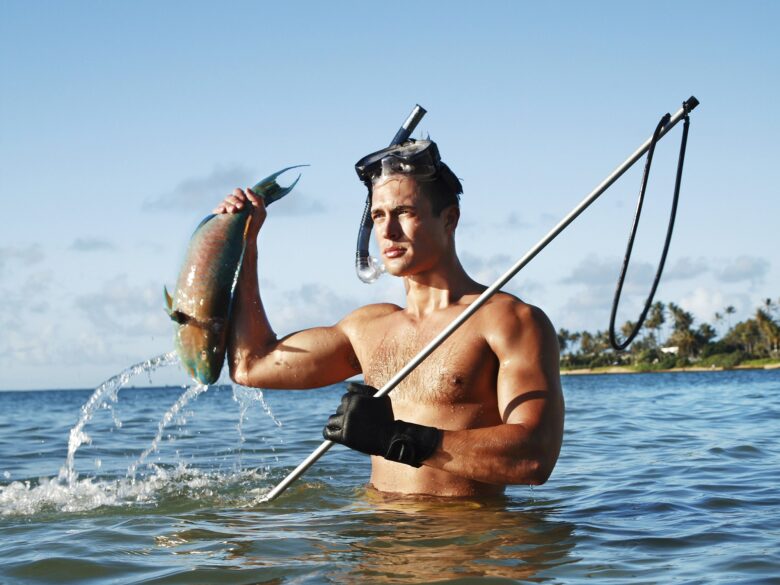
First and foremost, what fish are you looking to reel in? It seems an obvious question, but one that’s actually often overlooked, what with all the focus on the science and the ingredients, and the ‘technology’ that goes into creating many modern baits. The Perch, for instance, is particularly keen on minnows, whilst Tench tend to be suckers for worms. Many of the UK’s common freshwater fish overlap when it comes to the type of bait they’ll go for, but there are nuanced differences worth looking up.
2. The Time Of Year
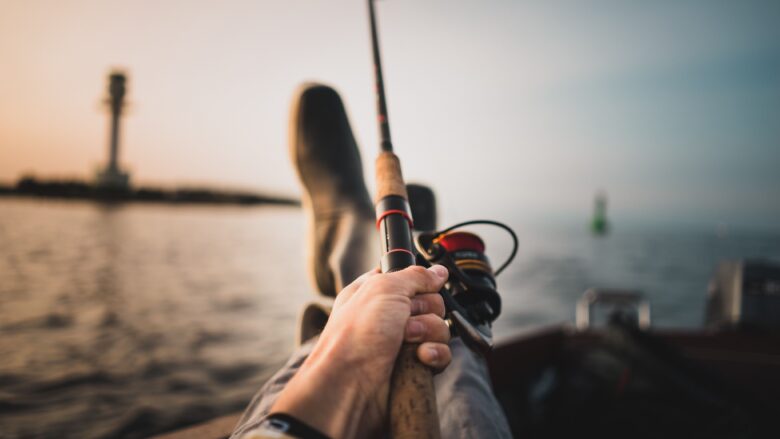
Another important consideration is the time of year at which you’re hoping to fish. At certain times of year – once the waters have warmed – certain types of fish gear towards different baits than they do at other times of the year. This has been appropriately coined in the past as the bait thermometer by the Angling Times. Whilst a tenth of a degree centigrade might seem only a tiny change to us humans, it can make the world of difference to our cold-blooded friends in the water.
At cold times of the year, for instance, when the temperature’s at just over freezing or thereabouts – when you’re carp angling – then you’ll want to opt for something bright and visually appealing like boilies. At warmer periods of the year, by comparison, in the spring, summer and early autumn, then you’ll want to use something like pellets – the coarser the better. So, don’t ever neglect the time of year (and the weather conditions) when choosing your bait!
3. How Much Time Do You Have To Prep?
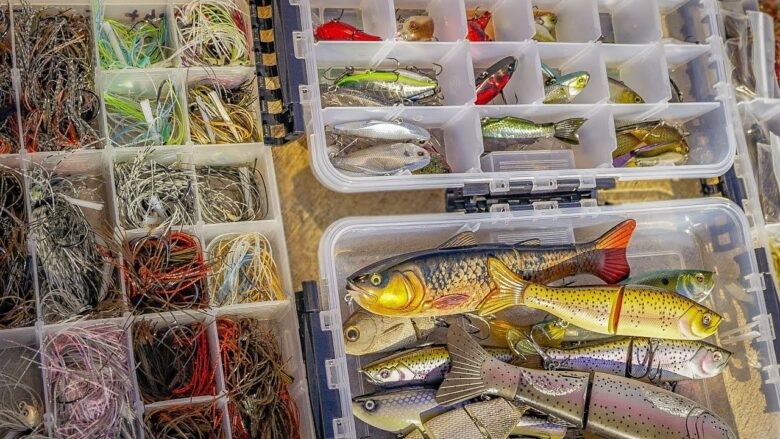
In an ideal world, most anglers would opt for natural baits, as they’re obviously more akin to what the fish would eat in the wild; they share the same scent (as well as appearance). The downside of natural bait, however, is that it takes longer to set up, more maintenance, can be more expensive (although this very much depends on the bait in question) and isn’t always as readily available as its artificial counterpart. Not to mention, that when you use artificial bait, you don’t have any of the spills or mess that we often associate with preparing live or natural bait.
So, if you’re an angler whose short on time, then artificial baits are probably for you, whereas if you’ve got plenty of time to spare, then the extra effort of natural bait is potentially a better choice for your bait. Artificial baits have become so good in recent years, though, that in truth artificial and natural baits are actually much of a muchness when it comes to their overall efficacy.
4. Where Are You Fishing?
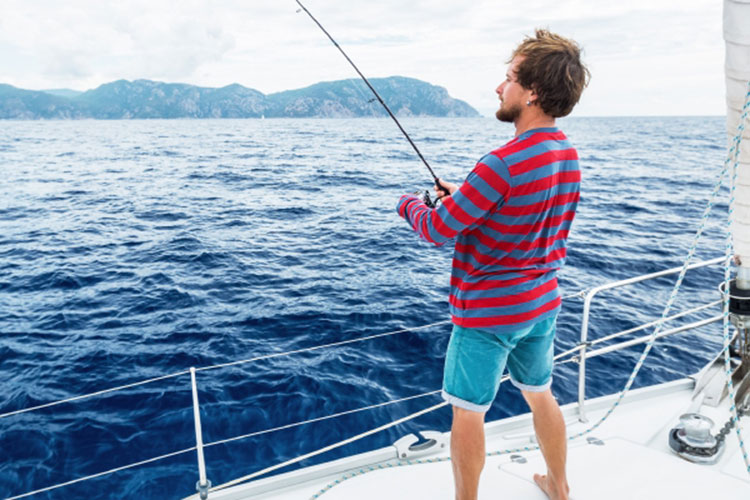
The location of your angling will also determine the fishing bait you choose; namely the difference between freshwater and seawater angling. If you’re fishing off the end of a pier, for instance, then you’ll want to use a live bait, without a question. Freshwater fish aren’t as discerning, however, and more likely to also go for artificial baits, too, alongside natural/live bait. In that way, you have greater flexibility when it comes to your lake and river-dwelling fish.
5. Cost
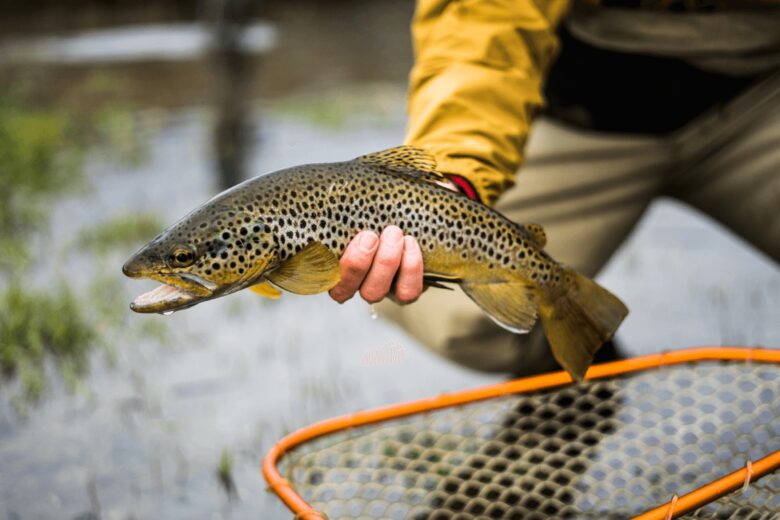
Whilst most of us would like to live in a world where questions of cost don’t affect our angling, that’s unfortunately rarely (if ever) the reality – at least, not for most people. Asking which is more cost-effective to go for – with regards to artificial lures vs live bait – is a bit like asking how long a piece of string is; it entirely depends on the sophistication of the lure (in the case of artificial baits) and the rarity or type of live bait.
Generally speaking, in the longer run, you can probably save a few more pennies by opting for live bait as you can buy larger amounts for cheaper. So, if you’re a very regular angler, then this is probably the way to go. That said, a high-quality artificial lure or bait can last from anywhere between 3 years all the way through to 20 years (if properly stored and maintained). So, again, we see that the two are fairly comparable when it comes to price points.
Other Considerations
We’ve covered 5 of the main areas that should factor into your choices about bait, but they’re not the only ones; if you’re ever unsure as to which bait is right for a specific fish, then your best bet is to ring up an angling store and see what they recommend – their wealth of knowledge is founded in experience, which can’t be said for all of the information you read online. They’ll also most likely be able to give you some handy tips and tricks on how to best set up your bait or lure for maximum results!


